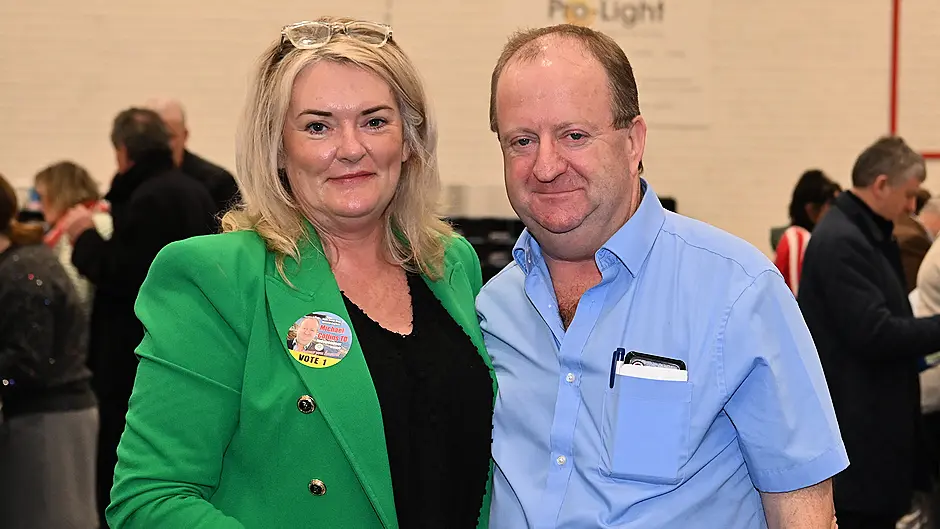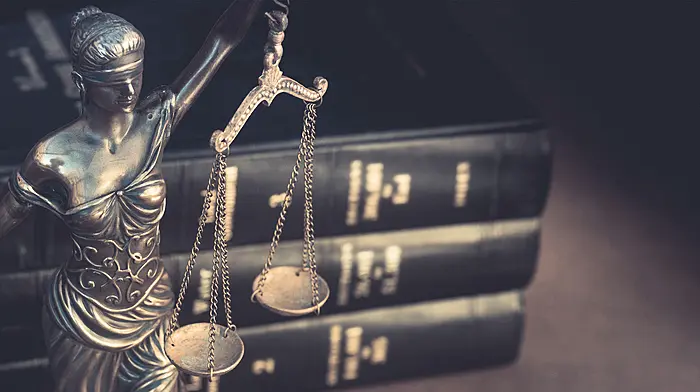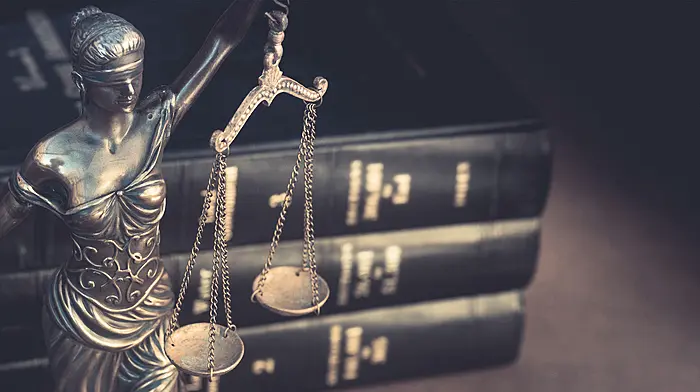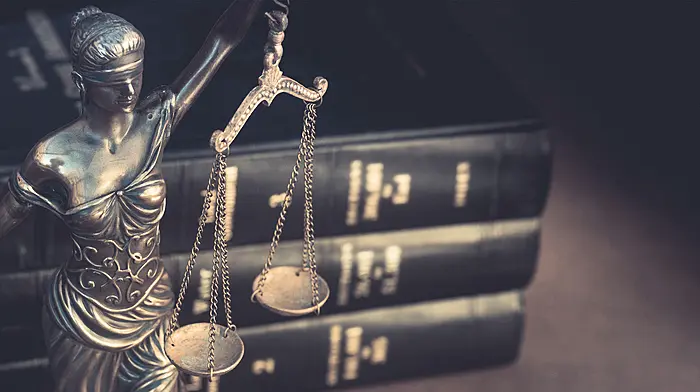CORK South West TD and Independent Ireland party leader Michael Collins has rejected suggestions that the party played loose with the rules to meet gender quotas during last year’s general election.
The party ran five female candidates in three different Cork constituencies – Cork North West, Cork East and Cork South Central – including Deputy Collins’ partner Valerie Ward, who ran in Cork South Central.
Overall, they ran 12 female candidates and exceeded the required gender quota of 40%.
However, some candidate profiles were not available, while there was no photo for Ellen Barry, who ran in Cork North West after she replaced the original candidate Walter-Ryan Purcell, who later ran as an independent candidate.
Ellen Barry has worked as a parliamentary assistant to Deputy Collins for a number of years.
Independent Ireland ran two female candidates – Veronica Houlihan and Valerie Ward – in Cork South Central and two – Catherine Lynch (Deputy Collins’s sister) and Kathryn Bermingham – in Cork East.
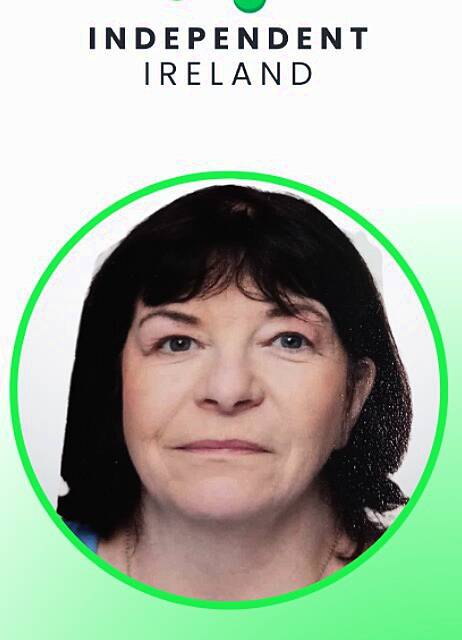
The party did exceed the required quota of 40% female candidates and were in fact 2.8% above the quota set.
Speaking to The Southern Star, Deputy Collins said that the candidates are very disappointed that they are now being questioned for doing so after having the courage to put their names forward.
‘They said to me that this is exactly why women do not enter politics because they are damned if they do, and damned if they don’t,’ said Deputy Collins.
‘One of the candidates was related to me, but married couples have been elected to Dáil Eireann in the past. Independent Ireland ran 28 candidates in total with 16 men and 12 women standing. Some of the profiles of both sexes may have been low due to budgetary constraints as all candidates who ran for the party had to finance their own campaign.’
Deputy Collins maintains that only for these financial constraints, the party would have hit 50% on the gender quota as there were other women interested in representing them.
He also said they had another potential female candidate interested in running for them in Cork, who was unable, to due to being under the age of 21.
He said that since November’s general election he has met with both male and females looking to run for the party in the next election.
‘We are looking forward to Independent Ireland comfortably exceeding our gender quotas again the next time.’
Both Aontú and the Green Party met the quota by 51% and 53% respectively, while both Fianna Fáil and Fine Gael just about met the quota with both at 41%. Sinn Féin’s quota came to 42%, while the Social Democrats was at 46%.
Brian Sheehan, ceo of Women for Election, said as a new party it is vitally important that Independent Ireland meet the gender quota, and he acknowledged they did.
‘As a new party, they could be in line to receive between €200,000 and €300,000 for the next five years for the duration of this government. So meeting the gender quota is really important,’ he told The Southern Star.
‘However, the party returned no female TDs and they and some other parties added a number of female candidates very late to the ticket. It isn’t fair, as it doesn’t give women a chance to mount a proper campaign.’
He pointed out that the organisation couldn’t locate any pictures for two of the party’s candidates in Cork.
‘We have a very good system that makes it very accessible for anyone to run with very low barriers to entry, and that’s really good. But when people use it cynically – not that I’m saying Independent Ireland did – it’s not good for democracy.’
Mr Sheehan said that to have a serious chance of being elected, candidates must be known among their community and that includes posters, leaflets, and canvassing and having direct engagement with voters.
‘You need a profile, but we need people to take it seriously because it’s such a serious job representing people. You would say that the minimum we should be able to ask for anyone who is running is a photo and a biography. It’s really important that people get a sense of who they are voting for.’
He added that they work with all political parties and they would be very happy to work with women who are newly identified by Independent Ireland to build their capacity to fight the next local and general elections.
‘We work with all candidates and we work with all parties. It’s crucial that we build women’s capacity to ensure that our democracy is truly represented by the people it serves.’
Women For Election will also begin to analyse data from November’s general election to see if women candidates in general got adequate resources for their campaigns.
‘We had one female elected from all the Cork constituencies. There were only four women elected in the whole of Munster, while 44 men got elected.’

